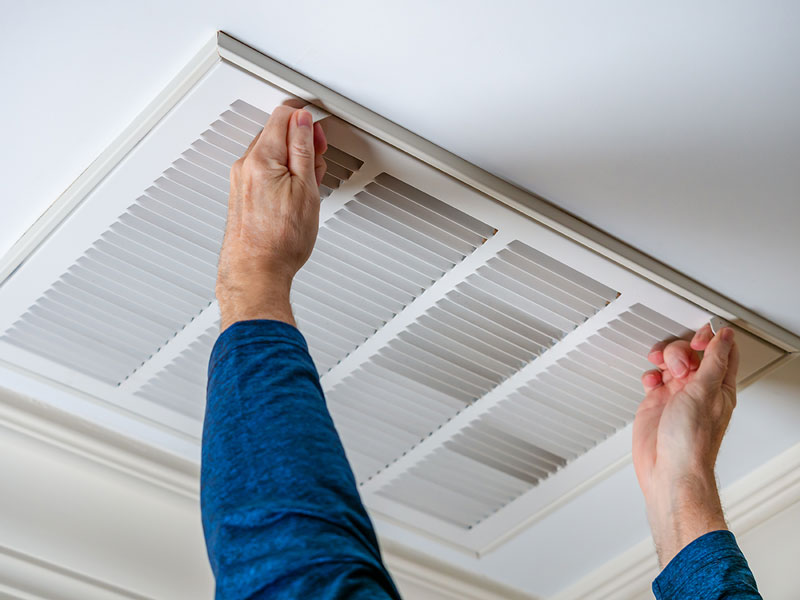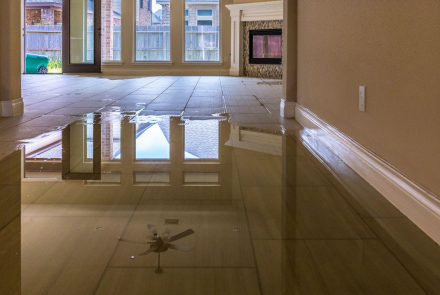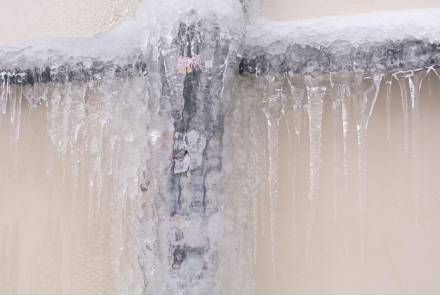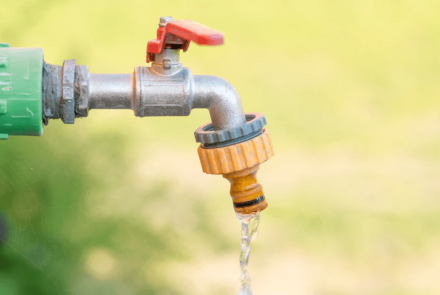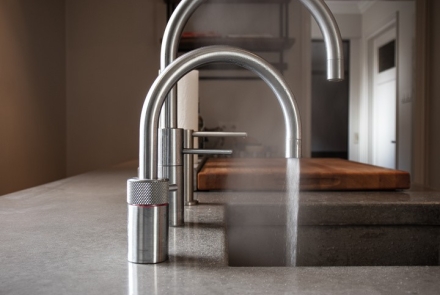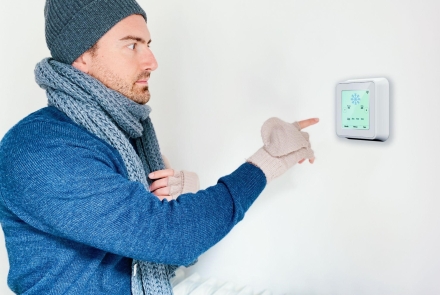Top Reasons Your Home May Be Making You Sick
The air that your family breathes plays a big role in their health. When you're all inside during the cold winter months, the quality of the air inside your home is a big concern. If you notice any of the key signs below, your indoor air quality could need some help.
Excessive Indoor Moisture
Having excessive moisture inside your home can lead to mold and mildew growth. Both of these can lead to respiratory illnesses and other unhealthy conditions. There are various contributors to moisture in the average home. Some of these include cooking, bathing, and even breathing. Try to control these activities with exhaust fans to vent the excess moisture out of your home. This can go a long way to reduce your indoor air moisture level.
Excessive Dust
Another warning sign that you have poor indoor air quality is excessive dust in your home. Many people believe that vacuuming and dusting often is enough to remove dust from the air in the home. Unfortunately, that's not always the case.
Removing excess dust requires wet clothes instead of dry ones and working your way down from high to low. Using an HVAC air filtration device can also help with dust, dander, and other air pollutants. The longer dust is in your home, the easier it is for your HVAC system to recirculate it to all the rooms of your home.
Dirty HVAC Vents
Your home's HVAC system use a series of vents connected to ductwork for heating and cooling. As air moves in and out of these various vents, unwanted pollutants will get stuck on the vent grates. Over time, this can lead to a significant buildup of airborne pollutants. These pollutants can keep entering the air as it recirculates throughout your home. Clean the grates of the HVAC vents every month to remove airborne pollutants from your home.
Dirty Vacuum Filter
Vacuuming your house often is a great way to control dust and other airborne pollutants. But, that only holds true when you're using a fresh filter. Vacuum filters are one of those maintenance tasks that many people tend to skip over.
It's recommended that you use a HEPA air filter inside of your vacuum. This will help to remove more airborne pollutants than other types of vacuum filters. You need to replace most HEPA filters every six months, depending on a few factors. If your filter is dirty or torn, it's time to replace it with a fresh one to boost your indoor air quality.
Leaky Gutters
The gutters on your home are there to help divert water away from your home. When your gutter has a leak or isn't installed the right way, moisture can make its way into the walls of your home. This moisture can lead to unwanted mildew and mold that can cause health issues.
Call Us Today
If you're struggling with poor indoor air quality, it's time to give us a call today. Let our helpful HVAC professionals assist you with all your indoor air quality needs.

